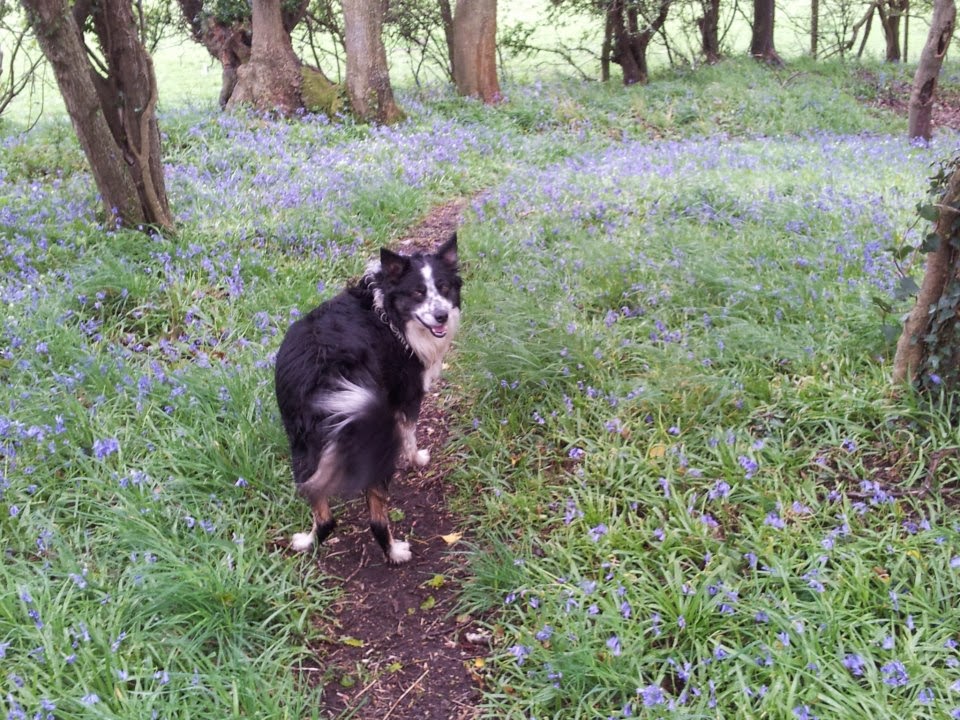I don’t often get inspired when it comes to writing the next novel. An idea doesn’t hit me like a bolt from the blue. I was really searching around for ideas for my novel, renamed A Mother's Duty, when it actually occurred to me to do what published writers are forever telling wannabes, and that is write about what you know. So this book is one close to my heart because it is about Kitty, a mother of three sons. I know what that is like. What it feels like to have someone poke their heads under the hood of a pram and say, “What is it?” And, when I answered the second and third time, “A boy,” a look would come over some faces and I would hear the words, “Another boy! Wouldn’t you have liked a little girl?”
 |
| Looking for Inspiration: June Francis (left) at a writers' party in London |
Big sense of failure! Especially as my mother-in-law was one of those who longed for a granddaughter, having given birth to just twin boys, herself.
So Kitty, who just like me loves the bones of her lads, has a secret longing for a daughter. It’s not that she has a sense of failure, though, because she had given birth to a girl. Sadly it had been stillborn. Happily I never had to harbour such a grief.
We writers have to spend a lot of time thinking up obstacles to put in the way of our main characters achieving their aim. So Kitty is a widow who has passed thirty-five. I also wanted her situation to be a bit out of the norm so decided she would be the proprietor of a hotel. There were lots of hotels in Liverpool city centre during the period I had settled on ‒ the Thirties ‒ with plenty going on, ending with WW2 and the famous May blitz in 1941. I knew next to nothing about running a hotel, so I rang the doorbell of one on Mount Pleasant and hoped for the best. I was blessed because I was welcomed in by the proprietor’s son, which led to an interesting conversation with his mother. There is nothing like research for giving a writer ideas.
What about my hero? I didn’t want to write the obvious, such as him being a guest in the hotel. No, he’s an ex-medical orderly who had seen action in the Great War. Half-English, half-Scots, with a secret, he’s a bit of a wanderer and entertains cinema queues playing the fiddle.
How much were Kitty’s sons inspired by my own three? I never put real people in my books but I use the odd trait. So the eldest son has a sense of responsibility and is a bit of a worrier. The middle one has a touch of the rebel and the adventurer which gets him into trouble. As for the youngest, he has a real curiosity about people which can lead him astray.
Does Kitty get what she longs for? You’ll have to read the book to find out!
 |
| A Mother's Duty Out now! |



























